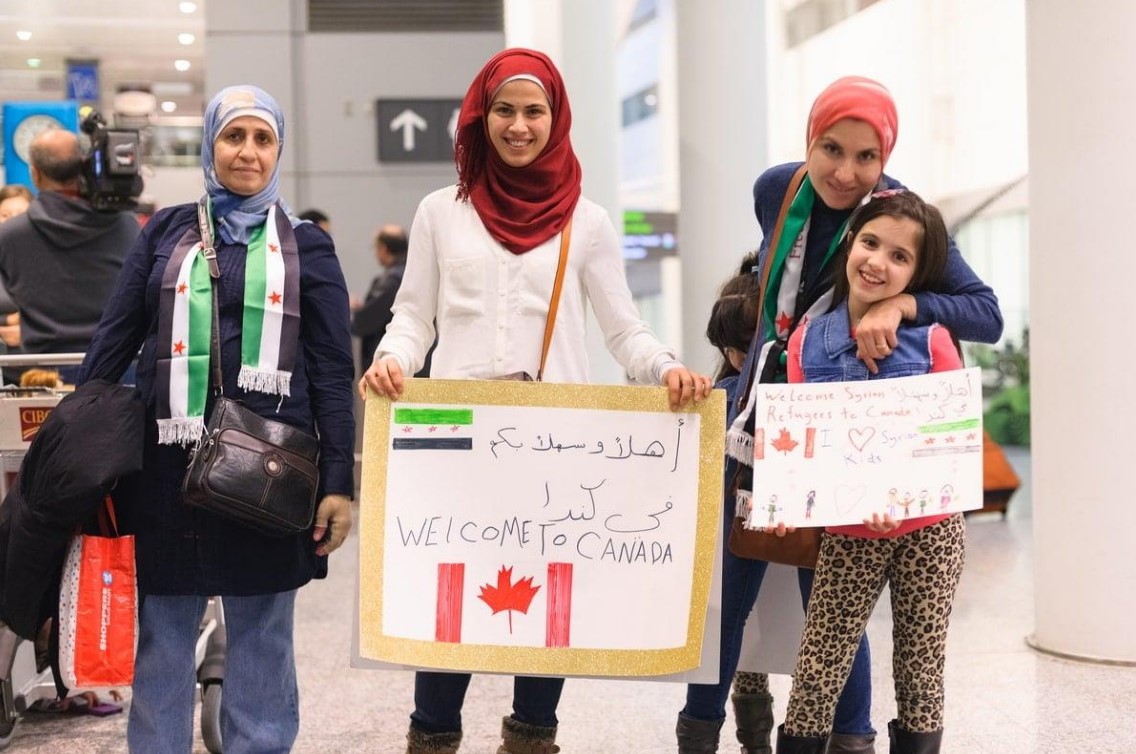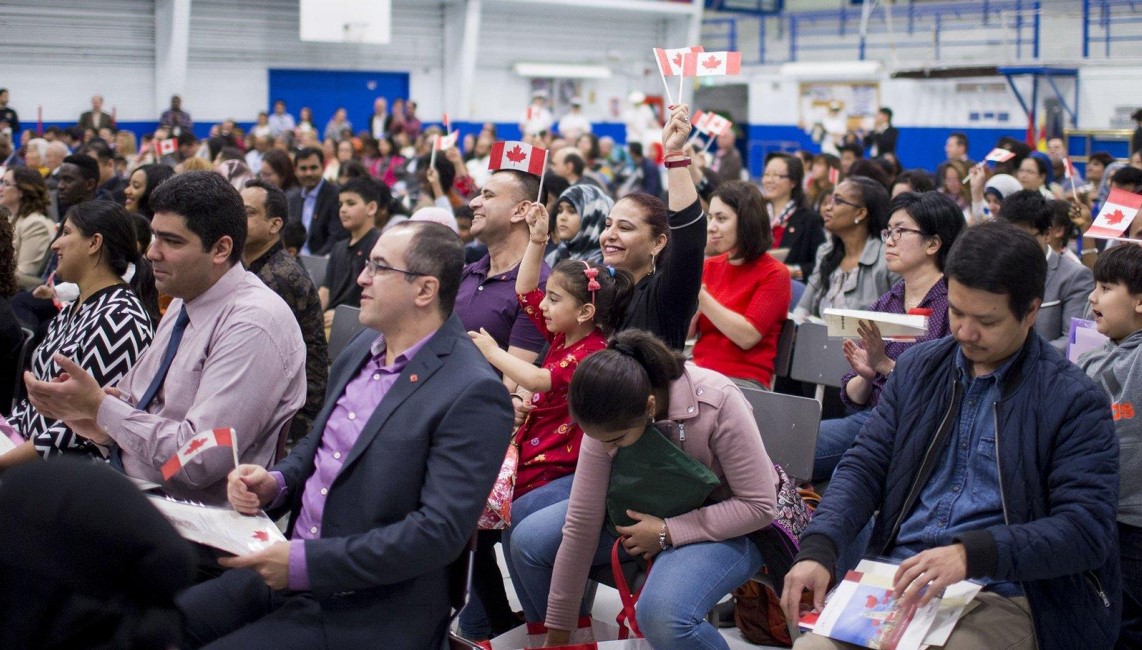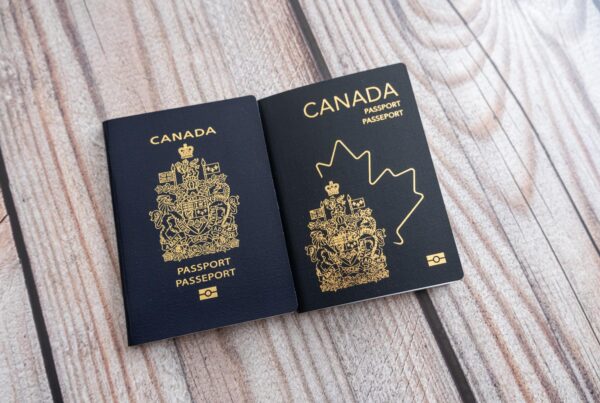Canada has a long-standing tradition of welcoming refugees and offering them a new start in life. The country is known for its commitment to humanitarianism and has one of the world’s most comprehensive refugee resettlement programs. In this article, we will discuss a survey conducted among resettled refugees in Canada, aimed at assessing their resettlement experiences and identifying areas where improvements can be made.
Background:

The Canadian government resettles refugees through various programs, such as the Government-Assisted Refugee (GAR) program and the Private Sponsorship of Refugees (PSR) program. Under these programs, refugees are given financial and social support to help them settle in Canada, access education, health care, and other essential services, and ultimately integrate into Canadian society.
The Survey:

The survey aimed to assess the resettlement experiences of refugees who had arrived in Canada between 2015 and 2020. A total of 500 resettled refugees from various parts of Canada were surveyed, using both online and in-person methods. The survey questions were designed to cover various aspects of the resettlement experience, including housing, employment, education, health, and social integration.
Findings:

The survey found that refugees faced numerous challenges in their resettlement process. Many respondents reported difficulties in finding adequate and affordable housing, and some had to move multiple times due to housing issues. Others reported challenges in finding employment, with many reporting that their foreign credentials were not recognized in Canada. Access to education and health care were also identified as areas of concern, with some respondents reporting difficulty in accessing these services due to language barriers and lack of information.
Despite these challenges, the survey also found that refugees generally had positive experiences in Canada. The majority of respondents reported feeling safe and welcomed in their new communities, and many appreciated the support they received from government and non-governmental organizations. Respondents also reported that they had made friends and felt a sense of belonging in their communities.
Recommendations:

The survey identified several areas where improvements could be made to support refugees in their resettlement process. These include:
- Increasing affordable housing options for refugees, especially in urban areas where housing is scarce and
- Providing more support for refugees to find employment, including job training programs and assistance with credential
- Improving access to education and health care services for refugees, including language and translation
- Encouraging community-based initiatives that promote social integration and support networks for
Conclusion:

The survey of resettled refugees to Canada on their resettlement experiences provides valuable insights into the challenges and successes of the refugee resettlement process in Canada. It highlights the importance of providing adequate support to refugees, not only in the immediate resettlement phase but also in the longer-term process of integration into Canadian society. By addressing the challenges identified in this survey, Canada can continue to be a leader in refugee resettlement and provide refugees with the opportunities and support they need to thrive in their new home.








